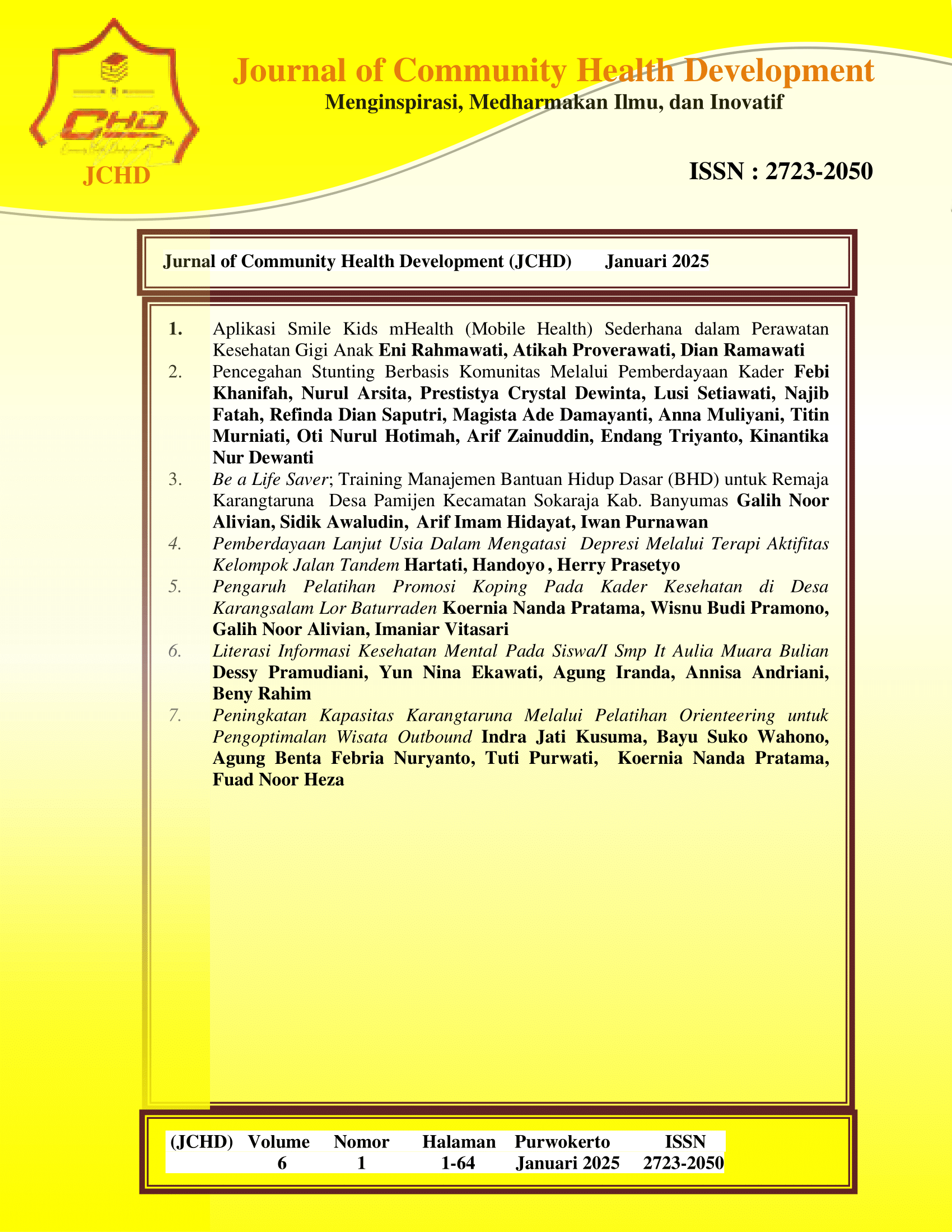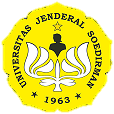PENCEGAHAN STUNTING BERBASIS KOMUNITAS MELALUI PEMBERDAYAAN KADER
Abstract
Background: Stunting remains a significant public health issue in Indonesia, with a national prevalence of 21.6% in 2022, far exceeding the WHO threshold of 20%. Preventing stunting requires a more holistic approach, including community empowerment, particularly involving health cadres. One potential intervention for children at risk of stunting is acupressure therapy, which is believed to enhance appetite, improve digestion, and strengthen immunity. Rationale for Topic Selection: This socialization program is crucial due to the relatively high number of toddlers at risk of stunting in Karangturi Village. Educating the community, particularly health cadres, about acupressure therapy as a method to improve appetite and digestion is important for stunting prevention. Methods: The methods employed in this outreach activity included health education, discussions, and live demonstrations. Objective: The primary objective of this activity was to empower health cadres in Karangturi Village through education and training in acupressure therapy as a community-based strategy for stunting prevention. Results: The evaluation showed a significant improvement in the cadres' knowledge of stunting prevention and acupressure therapy, as reflected in the post-test scores, which increased from 80% to 100%. Moreover, the cadres were able to successfully demonstrate the acupressure techniques they had been taught. Conclusion: This program effectively strengthened the cadres' capacity to deliver non-pharmacological interventions to prevent stunting within the community. It also fostered greater community involvement, especially among pregnant women and mothers of toddlers, in stunting prevention efforts. Despite challenges such as low participant attendance, the program proved to be effective and has the potential to be implemented sustainably in other villages as a model for community-based stunting prevention.









